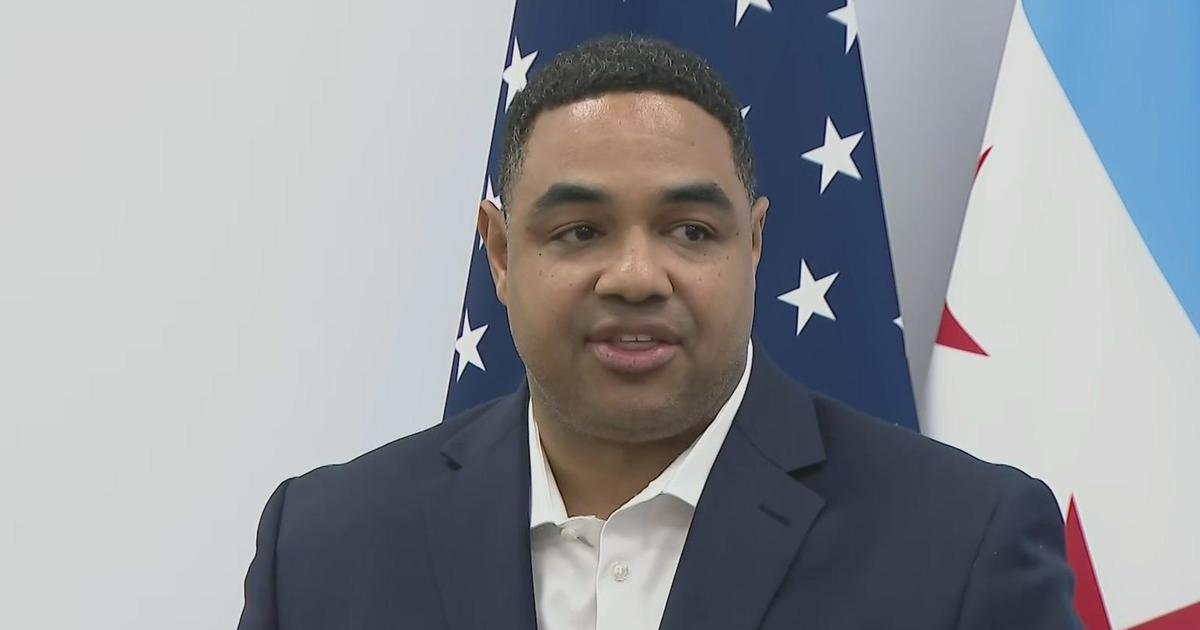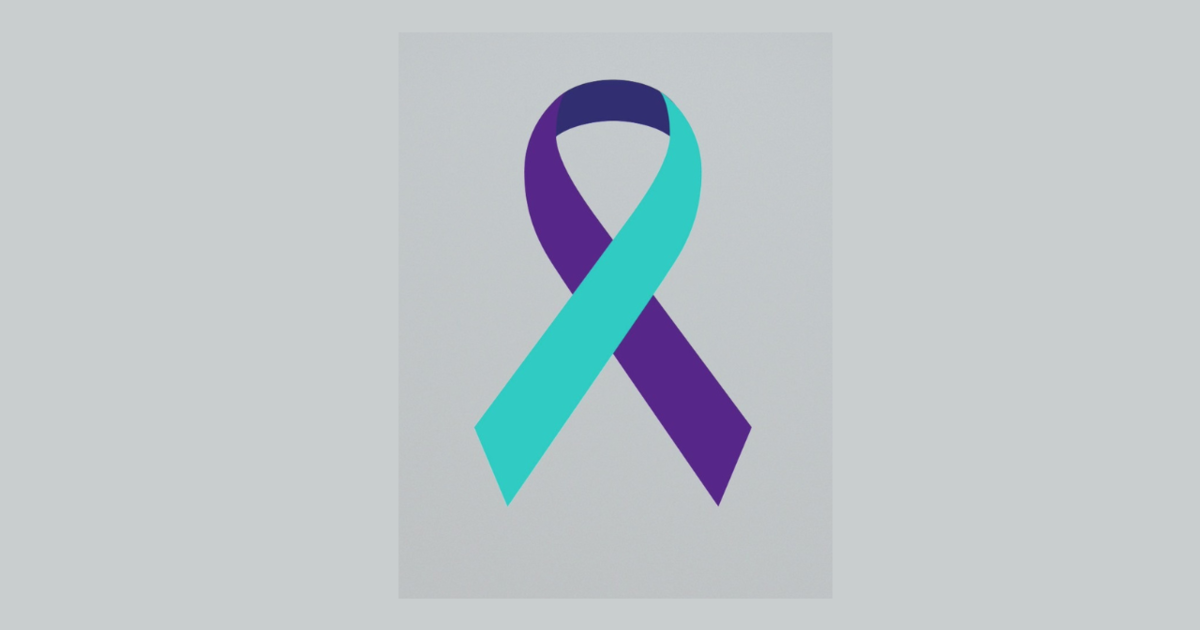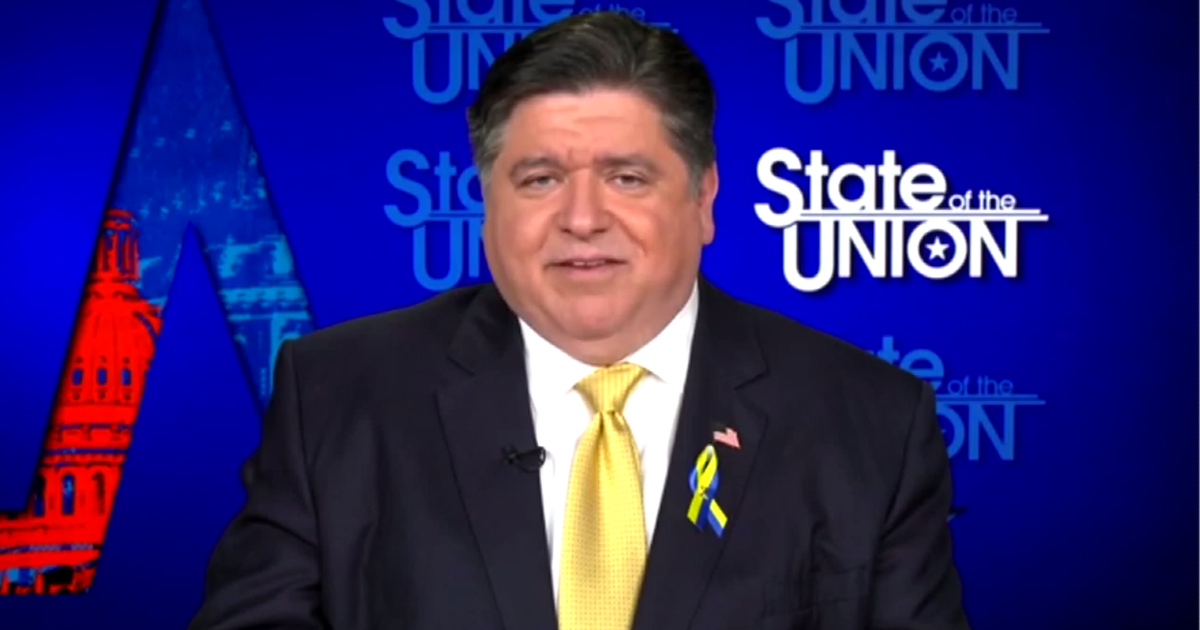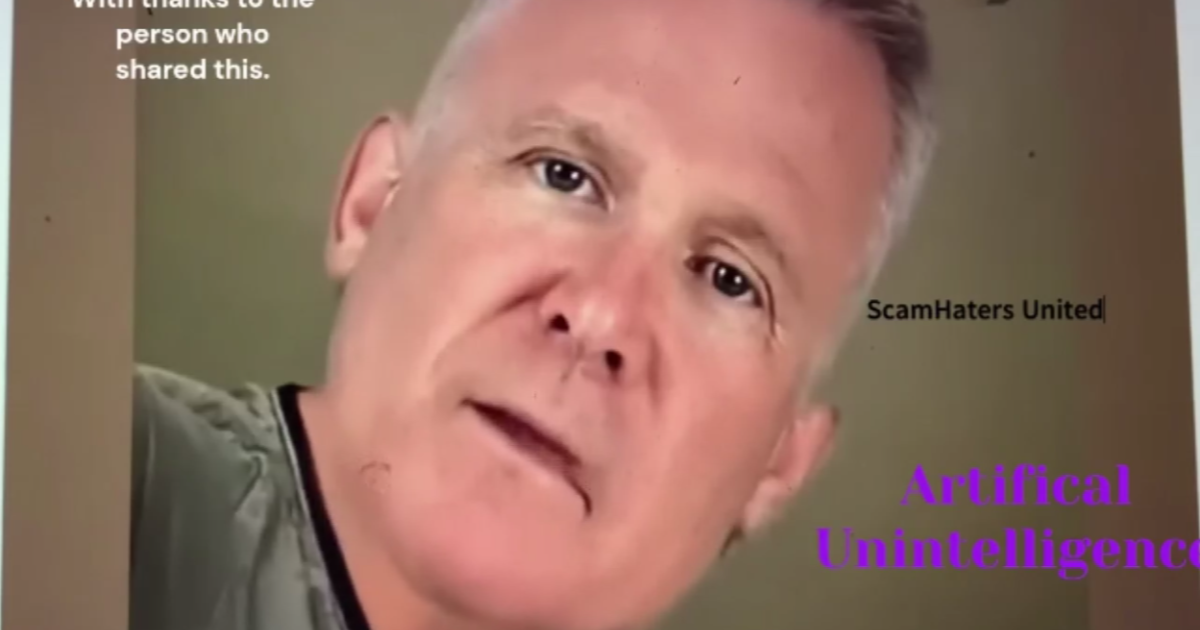How Could Contact Tracing Work For Those Who May Have Been Exposed To COVID-19 At Protests?
CHICAGO (CBS) -- Mayor Lori Lightfoot and public health officials have expressed concerns that COVID-19 could spread at large protests.
You may have heard about health departments using contact tracing to try to slow down COVID-19, but that could be a challenge with such large crowds.
CBS 2's Tim McNicholas asked an expert about how contact tracing can work with the protests.
Protests and social distancing are no perfect match. In the last several days in Chicago and across the nation, we have seen large crowds of people very close together.
"There is a risk of transmission," said Dr. Joshua Sharfstein of the Johns Hopkins Bloomberg School of Public Health.
Sharfstein said it helps that the protesters are outdoors, but spreading COVID-19 is possible inside or outside.
"The risk would be that somebody comes back from protesting and they get sick the next day, and then you're wondering whether they might have exposed other people at the protest," he said.
Johns Hopkins offers a free course online that shows how contact tracers ask COVID patients whom they had been around, and then they contact those people to ask them to quarantine.
So what would a contact tracer ask a protester who gets sick?
"You would ask and say, who were you really close to at the protest?" Sharfstein said. "It may well be the person went to the protest with friends or family and it may be relatively easy to find those people."
Experts say if someone got sick and was in close contact with people they don't know, that's where it might be challenging or even impossible to track those people down.
Sharfstein said the transmission risk is very low if you are wearing a mask and managing to stay six feet from other protesters. But video indicates that is not always happening.
"Definitely took masks, definitely had hand sanitizers and different things, but it was definitely hard to maintain social distancing just because of the amount of people that were there," one protester told us. "It's a really a pressing issue. I had to do something now even though it was a pandemic."
If you believe you might have been close to a COVID-19 patient in any scenario, not just a protest, public health experts say you should stay home for two weeks.



